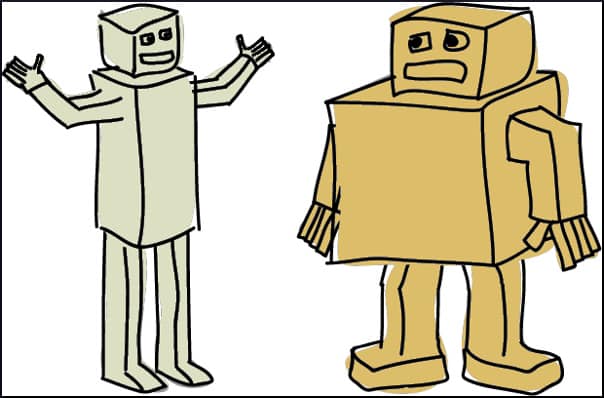
In the universe of pediatrics, one thing that can be counted on is the regular issuance of warnings about the damage childhood obesity can cause. Sometimes it’s a delayed reaction situation, with trouble insidiously and stealthily building up over the years, waiting to bloom in adulthood. Other problems show up right away.
One fuzzy area is the relationship, if any, between obesity and inflammation. Does one cause the other, or do they co-exist due to some other cause? Is any talk of inflammation just a feeble effort to obfuscate the picture, to deflect attention from the true cause of obesity — which just might have more to do with an addictive process?
Normally, the functioning of the body’s immune response is a good thing. But the body can be tricked into believing that it must defend itself against hostile invasion. If the immune response is erroneously triggered the body attacks anyway, fighting phantoms and hurting itself with inflammation.
A health website describes the process:
Fatty tissue in the body is comprised of adipose cells (adipocytes), which increase in volume but not in number, and primarily expand based on poor diet choices and a sedentary lifestyle. Adipocytes also contain self-defensive macrophages which have shown to produce cytokines, or a general name to describe various pro-inflammatory substances in the body. Adipocytes, macrophages, and cytokines have a positive relationship, suggesting as adipocytes grow larger, more macrophages and cytokines are produced, subsequently leading to more inflammation.
A lot of foods and additives can make inflammation kick in, and by strange coincidence, they include many of the same substances that overweight and obese people are warned against: sugar, saturated fats, refined carbs, casein, MSG, aspartame, and alcohol.
A 2014 report from the University of Oslo explains how overeating increases the immune response, which provokes the body into ginning up too much inflammation. The liver (energy conversion), the fatty tissue (energy storage) and the immune system all work together, and the storage of energy brings on an inflammatory reaction.
Why? According to ScienceDaily,
The researchers believe that overeating may cause stress to the mitochondria. The mitochondria are the cells’ powerhouses, converting fatty acids to energy… When fatty acids accumulate in the cells, the mitochondria become stressed and gradually also damaged.
The body has its own defense system, called autophagy, which should eliminate damaged mitochondria. When we overeat, free fatty acids accumulate in the cells. This stresses the mitochondria. The stress in the cells causes damage to the mechanism that should eliminate the mitochondria.
When damaged mitochondria accumulate, the immune response is activated. This immune response is exactly what causes the inflammation.
Professor Bente Halvorsen told the press, “We can reduce the inflammatory reaction by losing weight. Some people risk never getting rid of the inflammation.” The team would like to discover how to banish inflammation without the patient needing to lose weight, because in many cases, weight loss unlikely to be achieved.
Your responses and feedback are welcome!
Source: “Fat’s Role in Causing Inflammation,” BistroMD.com, 11/07/12
Source: “Being overweight causes hazardous inflammations,” ScienceDaily,com, 08/25/14
Photo credit: Jason Eppink on Visualhunt/CC BY

 FAQs and Media Requests:
FAQs and Media Requests: 












One Response